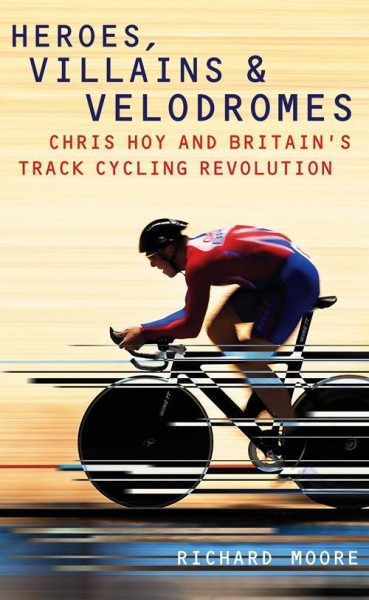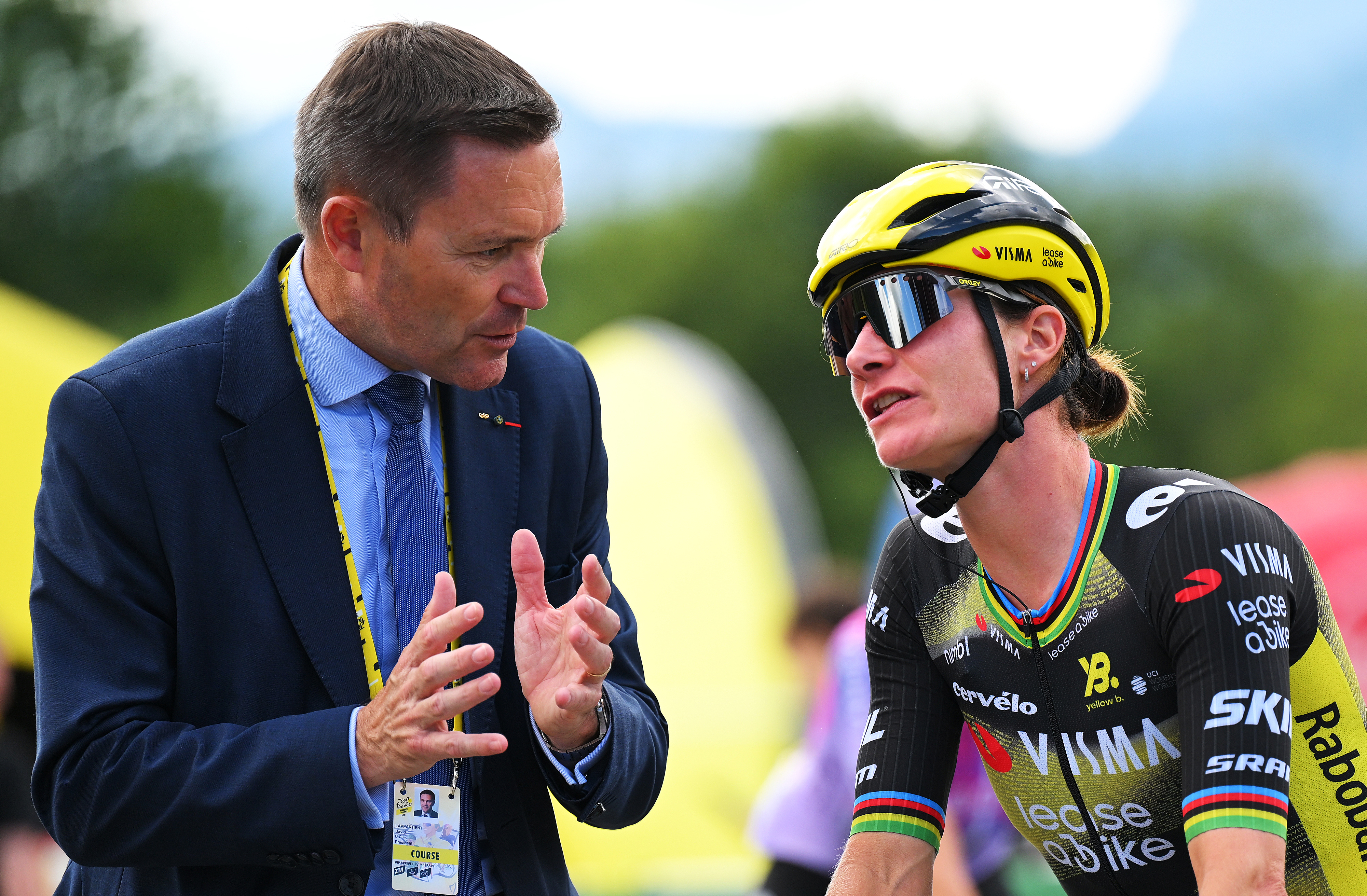Heroes, Villains and Velodromes: Chris Hoy and Britain's track revolution
Team Great Britain put the rest of the world to shame when they took seven of the ten gold medals on...
The latest race content, interviews, features, reviews and expert buying guides, direct to your inbox!
You are now subscribed
Your newsletter sign-up was successful

Team Great Britain put the rest of the world to shame when they took seven of the ten gold medals on offer in the Beijing Olympic track cycling events. How did this nation, not traditionally a cycling powerhouse, get to this point? A new book by Richard Moore tracks the progress of the British programme. Cyclingnews offers an exclusive excerpt from "Heroes, Villains and Velodromes: Chris Hoy and Britain's Track Cycling Revolution".
Shane Sutton has been involved with cycling all his life. He has seen it all. He has certainly seen how badly teams can be run – he was part of a British team that started the 1987 Tour de France, whose owner vanished halfway through, and was never heard of again (with the riders going unpaid for their three weeks of toil around France). He is therefore in a good position to analyse what makes the British team successful, to define what it is that has led to such a spectacular transformation from laughing stock to superpower.
Does it come down solely to the investment of millions of Lottery funding? "Nah, the thing that makes us successful is good leadership," says Sutton, not pausing even to consider the question. "But it doesn't just come from the PD [performance director]. Leadership happens throughout the programme and it's the key to everything. Now we've got underpinning groups – young riders who are following the lead of the Chris Hoys, the Jason Queallys.
"These senior athletes are responsible for their own success but also for the success of the programme downstairs. So these athletes provide leadership in that way. If you're a young junior and you're training with Chris Hoy, he's an icon for them, and you need icons. These guys have been instrumental in the way this programme has moved forward."
Sutton continues: "Chris and Jason are ... okay, I'll say it, they're nice guys, but they both have that c**t element. You gotta have it. Need it. He believes in himself 100 per cent. Bottom line, he's selfish. He'll admit that. It's all about Chris. But he needs to be like that, and when you take him away from the performance, from this arena here, you wouldn't get a nicer guy.
"Chris loves training. Loves it. Very few are like that. Normally you're pushing athletes, saying, "Come on, you gotta get your arse in gear." But with Chris you're pulling him back, pulling him back, pulling him back. He's a trainaholic: he just loves getting up, going to work and leavin" everything on the track. That's it."
Much of what Sutton says chimes with what Peter Keen tells me. "The thing that stands out among hugely successful athletes and coaches is a fascination with the process," says Keen. "They are genuinely fascinated by the process, not just the end result. It's something Chris Hoy and Chris Boardman have in common. In fact, they have quite a lot in common: a total unwillingness to accept mediocrity around them; a willingness to challenge for better in quite a constructive way."
The latest race content, interviews, features, reviews and expert buying guides, direct to your inbox!
To read the full feature, click here.
